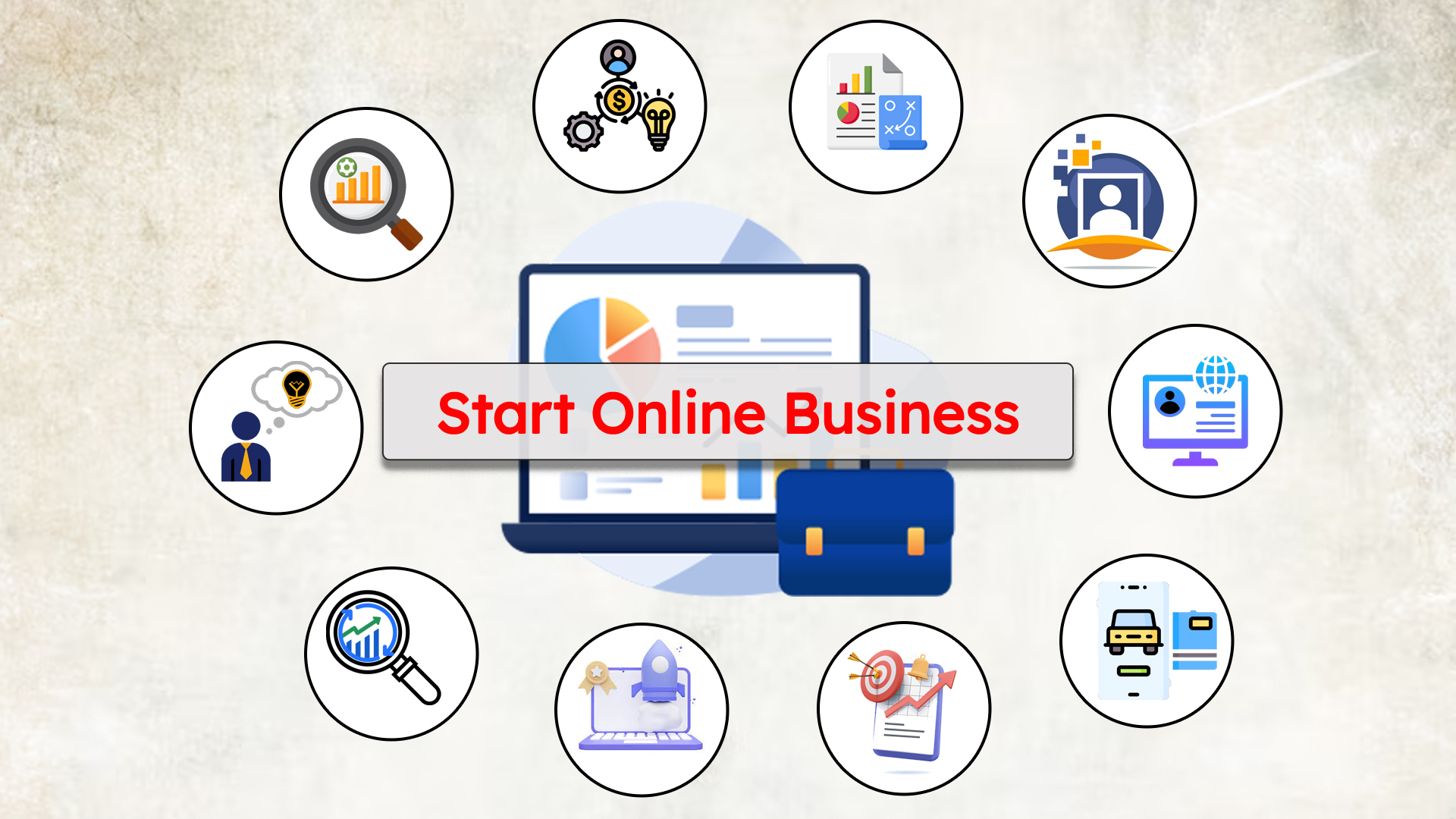Starting an online business can be an exciting and rewarding journey. With the right strategy, tools, and mindset, you can turn your passion into a profitable venture. Whether you want to sell products, offer services, or create digital content, here’s a step-by-step guide to help you get started.
1. Identify Your Business Idea
Every successful online business starts with a great idea. Consider your skills, passions, and market trends to determine what kind of business suits you best. Ask yourself:
- What problems can I solve?
- Is there demand for this product or service?
- Who is my target audience?
2. Conduct Market Research
Understanding your competition and potential customers is key. Research your industry, analyze competitors, and identify gaps in the market. Tools like Google Trends, social media insights, and keyword research can help you assess demand.
3. Choose a Business Model
There are different business models to explore, including:
- E-commerce (selling physical or digital products)
- Dropshipping (selling products without holding inventory)
- Affiliate marketing (promoting products for commissions)
- Freelancing (offering services online)
- Coaching or consulting (providing expertise in a niche)
4. Create a Business Plan
A solid business plan helps outline your goals, strategies, and financial projections. It should include:
- A clear business description
- Market analysis
- Revenue model
- Marketing strategy
- Budget and expenses
5. Register Your Business & Legal Setup
Depending on your location, you may need to register your business and get necessary licenses. Choose a business structure (sole proprietorship, LLC, etc.) and consider tax implications.
6. Build Your Online Presence
Your website is your storefront. Choose a platform like Shopify, WordPress, or Wix, and ensure it’s user-friendly, mobile-responsive, and optimized for search engines. Additionally, set up social media profiles to reach your audience.
7. Set Up Payment & Logistics
For e-commerce businesses, integrate payment gateways like PayPal, Stripe, or Square. If you’re selling physical products, decide on shipping and fulfillment options.
8. Develop a Marketing Strategy
Effective marketing drives traffic and sales. Use a combination of:
- SEO (optimize your website for search engines)
- Content marketing (blogging, videos, podcasts)
- Social media marketing (Facebook, Instagram, LinkedIn, TikTok)
- Email marketing (building a subscriber list and sending newsletters)
- Paid advertising (Google Ads, Facebook Ads)
9. Launch Your Business
Once everything is in place, it’s time to launch. Promote your business through social media, collaborations, and advertising campaigns.
10. Analyze & Improve
Track your progress using analytics tools like Google Analytics and social media insights. Monitor what’s working, adjust strategies, and optimize your business for growth.
Final Thoughts
Starting an online business requires effort, but with persistence and the right approach, success is achievable. Focus on providing value to your customers, stay adaptable, and continuously learn to grow your business.
Are you ready to take the leap? Start today and turn your online business dream into reality!


